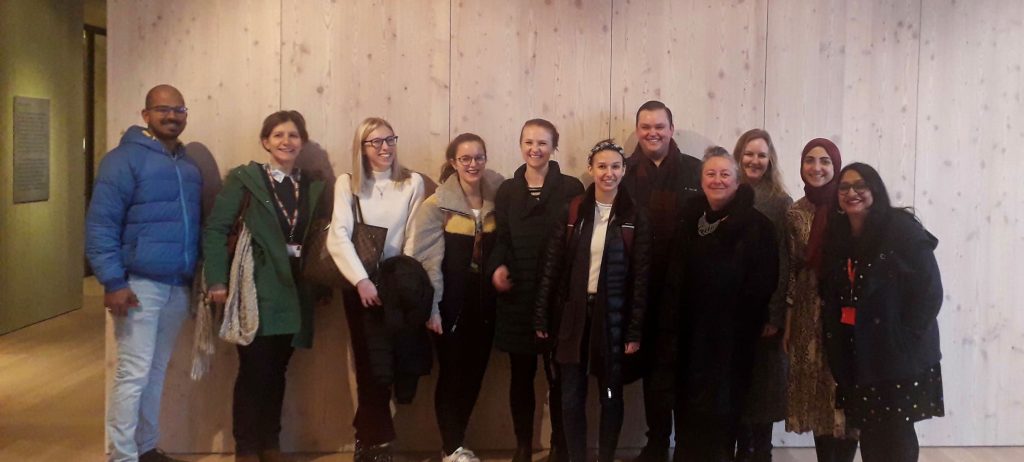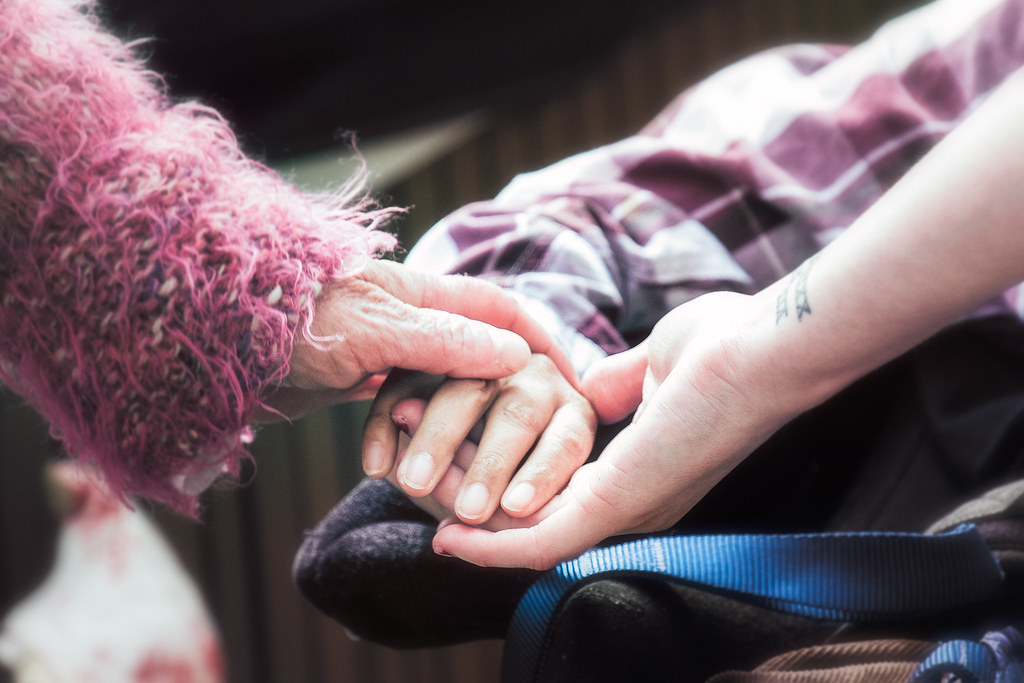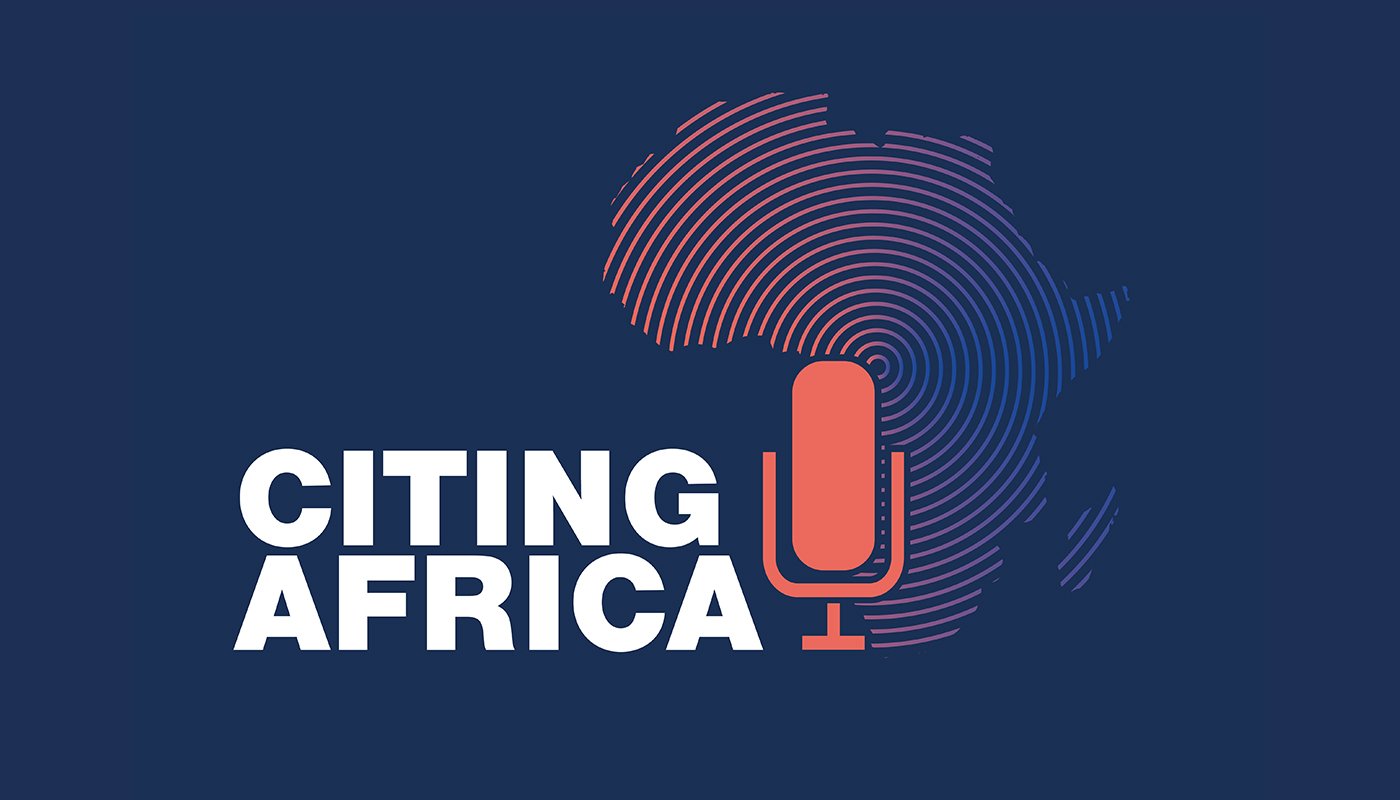In this article, MSc Health and International Development alumnus and recipient of the 2019-20 Wellcome Award Scholarship Dr. Harikeerthan Raghuram reflects on his experience on the programme and how it transformed his career and research trajectory.
After failing the Indian civil services exam for the third time I thought I had hit rock bottom, and I felt that the two years spent in preparation were wasted. But they were not Little did I know that my life would take an interesting and very exciting turn.
While working as a medical doctor in rural India I had felt convinced that the only way to bring long-term change was through the government and from a top administrative position. The Indian civil services exam was the gateway to these positions; however, I failed to pass it despite several attempts. But later, when working in a state government organisation, I realised that sustainable betterment is brought by a team of agents, only some of whom are from within the government. This widened my perspective and helped me understand that the years I spent preparing for the civil services deepened my interest in the social sciences and showed me their value in appreciating the different social dynamics that work together to bring about change.
So, I set aside my aspirations to be a civil servant and decided to pursue my newfound interest. Aware that higher study in a biomedical degree was not going to be enough, I started searching for a programme that looked at health from a social sciences perspective. The MSc Health and International Development at LSE with the offer of a full scholarship from the Wellcome Trust was therefore a dream come true and an exciting change in direction in my life.
My year at LSE was a year of learning that I enjoyed like never before. In addition to the core courses, I audited several courses from other departments and attended numerous guest lectures across departments at LSE and from other institutions, such as the London School of Hygiene & Tropical Medicine and The School of Oriental & African Studies.

Although the location of LSE in central London brings a host of opportunities with it, I will not hesitate to say that the most enjoyable moments I spent were within LSE itself, especially the library. Spread over five floors, the LSE Library with its massive collection of books offered a wide variety of study locations to choose from depending on my mood.
My Master’s dissertation looked at the gender transition process in India through a lens of power using interviews with transgender persons and other stakeholders. One of my mentors (also an alumnus of LSE) had told me that it is a blessing to get the chance to work in the same area of my dissertation. I am thrilled that this was exactly what has happened with me. Now I work at Sangath (a public health NGO in India), where building on this work, I ideated and coordinate the TransCare initiative that brings together researchers, practitioners, and activists to work towards equity and inclusivity in healthcare in India.
The first project in the initiative, TransCare: COVID19, is a community-based participatory qualitative study that seeks to understand the experiences of transgender persons in healthcare settings. This research feeds into our second project, TransCare: MedEd, which is aimed at creating a set of competencies for providing trans-affirmative healthcare through a series of consultative stakeholder workshops. The competencies will then be disseminated through a national conference in early 2022.
In both these projects the insights I gained from LSE inform every step I take. My critical perspective and keenness to ask questions have been useful in the other projects I am involved in at Sangath as well.
Now, almost a year after leaving LSE, I find myself dreaming of my time there, haunting the library and wishing I had taken some more classes. But there is a lot of work to be done here and the hands doing the work are few. I know that I am an agent of change for better health and inclusive development. Though I could not get through the civil services exam, sit in a top administrative position or even work from within the government, I am grateful that my time in LSE has allowed me to be a part of the long-term change that I always dreamt of for India.
The views expressed in this post are those of the author and in no way reflect those of the International Development LSE blog or the London School of Economics and Political Science.
To find out more about the Wellcome Award Scholarship and how to apply for 2022-23, visit this page.





